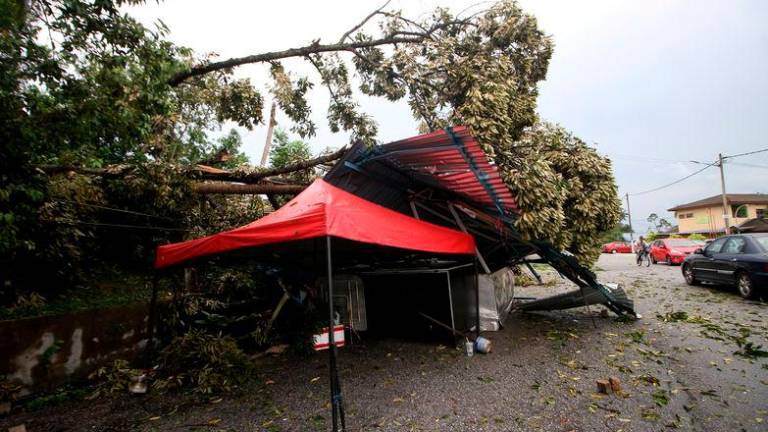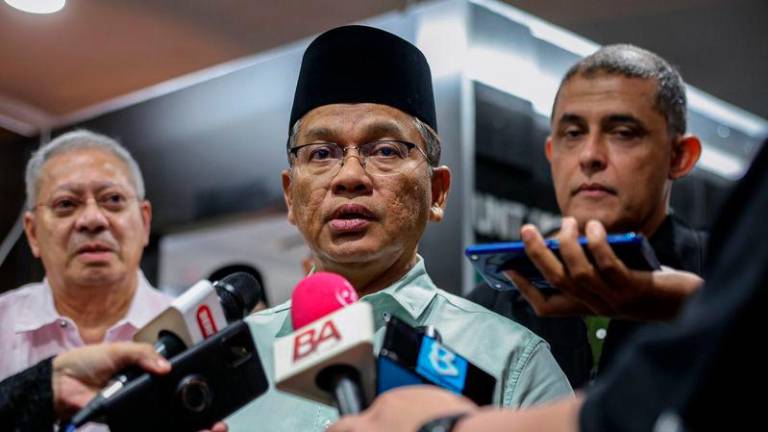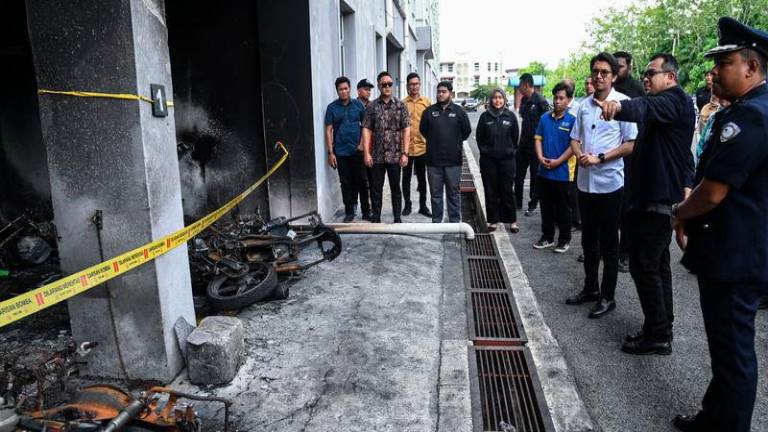KUALA LUMPUR: Malaysia’s proposed Covid-19 Act should consider rental waivers instead of rental moratoriums, according to International Strategy Institute (ISI) chairman Cheah Chyuan Yong.
He further recommended that the waiver should be shouldered by the government, landlord and the tenants.
According to Cheah, loan moratoriums will only delay payment of existing debts, which for SMEs, would make zero or negligible revenue, especially when they have to pay off the piled-up payments at the end of September.
“It would be a sure recipe for bankruptcy,” he pointed out.
He explained that businesses were gravely affected during some 4.5 months when the Movement Control Order (MCO) came into place.
Cheah suggested that the government provides cash grants in the form of a 2-month waiver on base rental (excluding variable charges) for eligible SMEs for the month of April and May.
Landlords on the other hand, should absorb the rent payments for the months of June and July (which can be offset by a property tax rebate at a later date).
This could then allow for the tenant to pay only for the month of March, which was already paid earlier in that month.
“This way, the burden of paying the 4.5 critical months during MCO, is shouldered equally by a tripartite relationship,” he said.
“To ensure that the government cash grants go to paying off the accrued rental, the government should send a notice to landlords under the proposed Covid-19 legislation, detailing the tripartite payment of 4.5 months, with the government transferring the money directly for the month of April and May into the landlord’s account.
“The notice should also make it mandatory that all landlords will need to absorb the two months rental for the month of June and July (which can be redeemed as property tax rebate in the near future) and for tenants to cover only one month’s rent for March.
“And to ensure that the tenant’s overall exposure to debt is limited, the government should impose a cap on interest charges on late payment for debt under these special circumstances,” he said.
Cheah also noted that not all businesses suffered losses during the pandemic, as some in the e-commerce and essential services thrived.
“As such, the government should set preconditions to the disbursement of the rental waivers, as in how badly the businesses suffered, and how much revenue they made. For the first disbursement, it should rightfully be given to businesses that have seen a certain drop in their monthly revenue during this period. In Singapore, eligible SMEs for rental waiver are those who have experienced at least a 35% drop in their monthly revenue during the affected period. Malaysia can determine its threshold according to its specific context.
“For the second, the government can set a threshold for what it deems as revenue that will not be able to withstand the Covid-19 storm. In Singapore, the waiver applies to businesses with annual turnover of not more than SGD100 million in 2019. Malaysia can determine its threshold given its circumstances,” he suggested.
To ease the government’s burden of financing, Cheah suggested boosting the insurance industry.
“The government can encourage insurance companies to create a new Covid-19 policy coverage that employers and individuals can purchase to cover the medical cost should employees contract the virus during work hours.”
He pointed out however, that the measures above should not continue indefinitely as it would not be sustainable.










